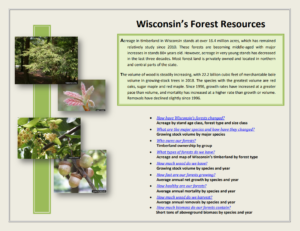By Jay Weiss, Cambridge Tree Project, www.cambridgetreeproject.org
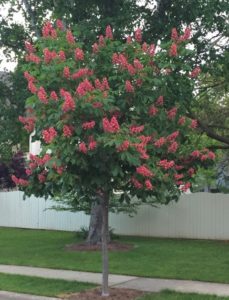
Red horse chestnut, Cambridge
It was a cold, still night January 31, 2019 when the air temperature dropped to -32 in Cambridge, Wisconsin. According to village elders, the last time it got that cold was the 1950s.
With this record setting event, we had a rigorous laboratory to assess hardiness among the wide variety of tree species under evaluation in our trials.
Immediately below is a written summary of some our findings. Detailed survival rates, along with annual growth rates of 98 species being evaluated locally, are recorded in an excel document that I am happy to share upon request (email me at info(at)cambridgetreeproject.org).
SURVIVORS:
- Bald Cypress: all 26 of our street and park trees survived. No dieback was noted.
- Dawn Redwood: 11 trees survived with no dieback. Two trees were killed outright.
Continue reading “Extreme cold event challenges tree trials”

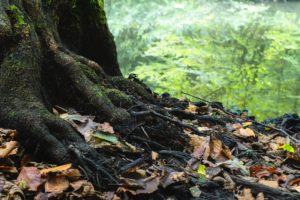 Myth #1: A tree’s root system is a mirror image of what is above ground.
Myth #1: A tree’s root system is a mirror image of what is above ground.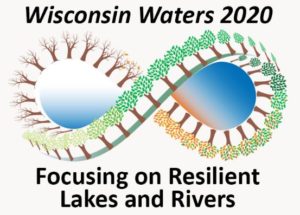 April 1 – 3, 2020 – Now an Online Learning Event only due to impacts from the coronavirus and associated public health protocols. Attend from the comfort of your favorite chair!
April 1 – 3, 2020 – Now an Online Learning Event only due to impacts from the coronavirus and associated public health protocols. Attend from the comfort of your favorite chair!  As winter melts into spring, two new webinar series are getting underway.
As winter melts into spring, two new webinar series are getting underway.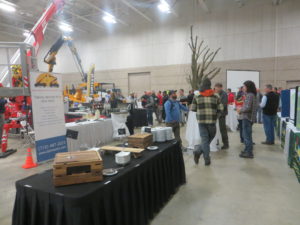 The 2020 Annual Statewide WDNR/Wisconsin Arborist Association (WAA) Urban Forestry Conference, “Sustaining Urban Forests to Ensure a Healthy Future,” set another attendance record this past February 16-18 in Green Bay.
The 2020 Annual Statewide WDNR/Wisconsin Arborist Association (WAA) Urban Forestry Conference, “Sustaining Urban Forests to Ensure a Healthy Future,” set another attendance record this past February 16-18 in Green Bay.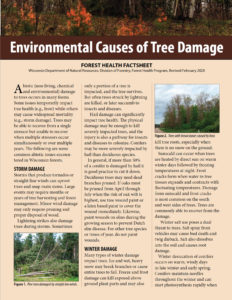 The DNR Forest Health team recently updated its factsheet on common forms of abiotic (non-living, chemical and environmental) damage to trees in Wisconsin.
The DNR Forest Health team recently updated its factsheet on common forms of abiotic (non-living, chemical and environmental) damage to trees in Wisconsin. 